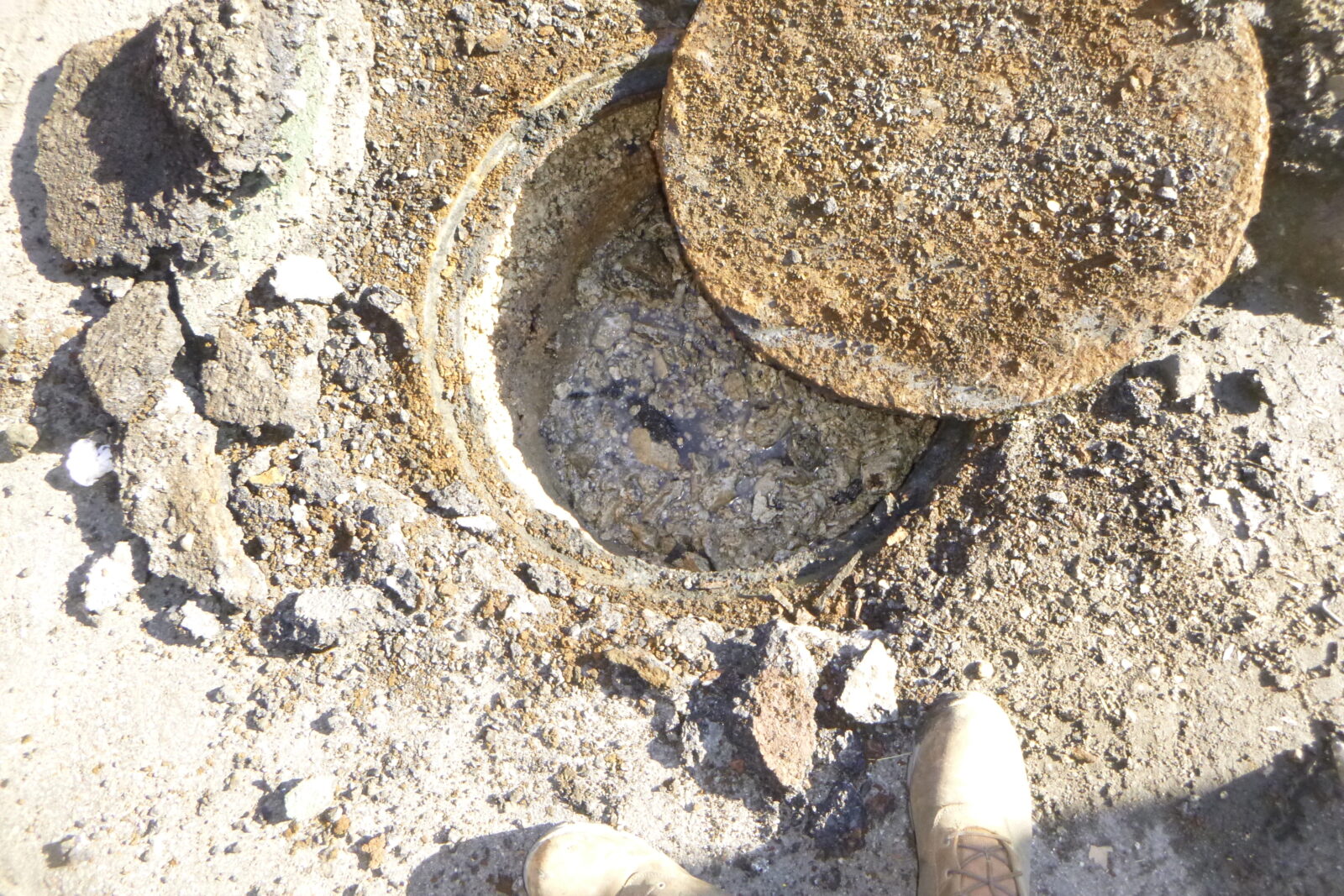The term “sludge” is often incorrectly applied to anything dirty, like mud, muck, and mire. Those more familiar with the term are more likely to recognize its connection to human waste and sewage. However, this often leads some people to incorrectly believe the terms “sludge” and “sewage” are synonymous. Understanding the difference between sludge and sewage will help you as the consumer better understand discussions related to waste treatment.
What Is Sewage?
A solid understanding of sludge begins with an understanding of sewage. The term “sewage” refers to all the wastewater that leaves a residential or commercial property containing solid waste. The toilet is the most obvious source of sewage in the home, but anything in a building that produces wastewater is considered a source of sewage. This includes washing machines, dishwashers, bathtubs, and showers.
What Is Sludge?
Sludge comes into play after sewage leaves a building and goes to a wastewater treatment center. After the sewage arrives at the treatment center, it goes through processes that remove nonorganic debris, like plastic wrappers, before entering a settling tank.
At this point, the sewage comes to rest, allowing the solid waste to sink to the bottom. The water is sent off to the next stage of the process, but the solid waste is sent elsewhere. Once removed from the water, the solid waste is what we call sludge.
What Happens to Sludge After Treatment?
After wastewater leaves the settling tank, it’s further cleaned and sanitized so that it can be returned to natural waterways or used for irrigation. However, by nature, sludge cannot be cleaned, so it’s hard to see what purpose we could have for it.
After the sludge is dried out, much of it is sent to local landfills. However, in many cases, dried sludge is sent to farms or other agricultural businesses to be used as a fertilizer.
At Harris Main and Sewer, we know the difference between sludge and sewage and their significance, so you don’t have to worry about it. Our New York sewer repair company has been serving this city for over a hundred years and is ready to meet your property’s needs.





















